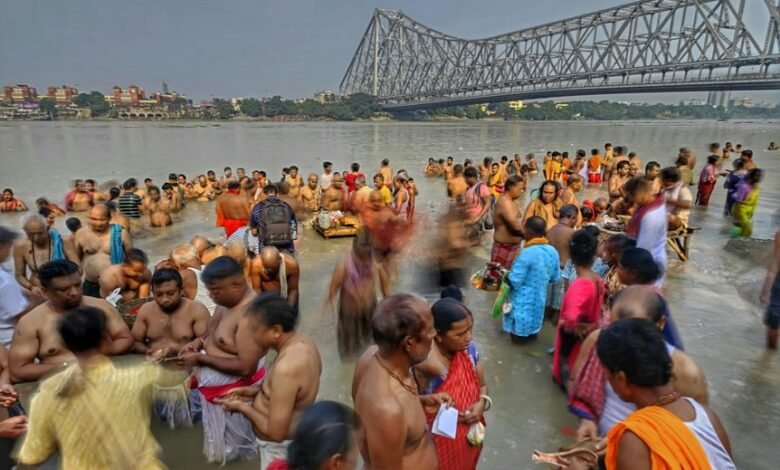Maghrib Time Faisalabad

Maghrib time in Faisalabad represents a pivotal juncture in daily life, characterized by both spiritual introspection and communal engagement. This moment is not merely about the prayer itself, but also reflects deep-rooted traditions and social dynamics. Families come together, enhancing their bonds, while mosques play a crucial role in fostering community unity. As this sacred time unfolds, the layers of significance behind these practices reveal much about the local culture and faith. What deeper insights await exploration?
The Spiritual Significance of Maghrib Prayer
Although often overshadowed by the larger congregational prayers, the Maghrib prayer holds profound spiritual significance within Islamic practice.
It serves as a moment of reflection, fostering inner peace and a deeper spiritual connection with the divine. This prayer, performed at sunset, symbolizes the transition from day to night, inviting practitioners to seek solace and rejuvenation in their faith amid life’s complexities.
Traditional Practices During Maghrib in Faisalabad
As the sun sets and the call to Maghrib prayer resonates through the streets of Faisalabad, the community engages in a variety of traditional practices that enhance the spiritual experience of this pivotal moment.
Sunset rituals often include evening supplications, where individuals express gratitude and seek guidance.
This collective participation fosters unity, reinforcing cultural identity while marking a significant transition into the night.
Family Gatherings and Iftar Celebrations
Family gatherings and Iftar celebrations in Faisalabad serve as vital social and cultural events that strengthen familial bonds and foster community spirit.
These occasions are marked by rich Iftar traditions, where families come together to share cherished family recipes.
This communal breaking of fast not only nourishes the body but also nurtures relationships, creating a sense of belonging and continuity within the community.
The Role of Mosques in the Community
Mosques in Faisalabad play a pivotal role in fostering community cohesion, especially during the holy month of Ramadan.
They serve as centers for community outreach, addressing social issues and providing essential services.
Furthermore, mosques engage the youth through educational programs and recreational activities, promoting a sense of belonging and responsibility.
This engagement cultivates a vibrant community spirit, reinforcing the values of unity and cooperation.
Reflections on Faith and Gratitude at Maghrib Time
At Maghrib time, a profound sense of reflection envelops the community in Faisalabad, marking a moment of transition from the demands of the day to the tranquility of evening prayer.
This sacred hour fosters faith reflections, allowing individuals to engage in gratitude practices that affirm their beliefs.
Such moments cultivate a deeper appreciation for life’s blessings, reinforcing communal bonds and personal spiritual growth.
Conclusion
In Faisalabad, Maghrib time transcends mere ritual; it embodies a profound intersection of faith, tradition, and community. The assertion that these moments foster deeper spiritual connections is supported by the observable unity among families and neighbors as they gather for Iftar. This collective practice not only reinforces individual beliefs but also strengthens communal ties, highlighting the mosque’s role as a vital center for outreach and support. Thus, Maghrib serves as a catalyst for both personal and communal reflection.




